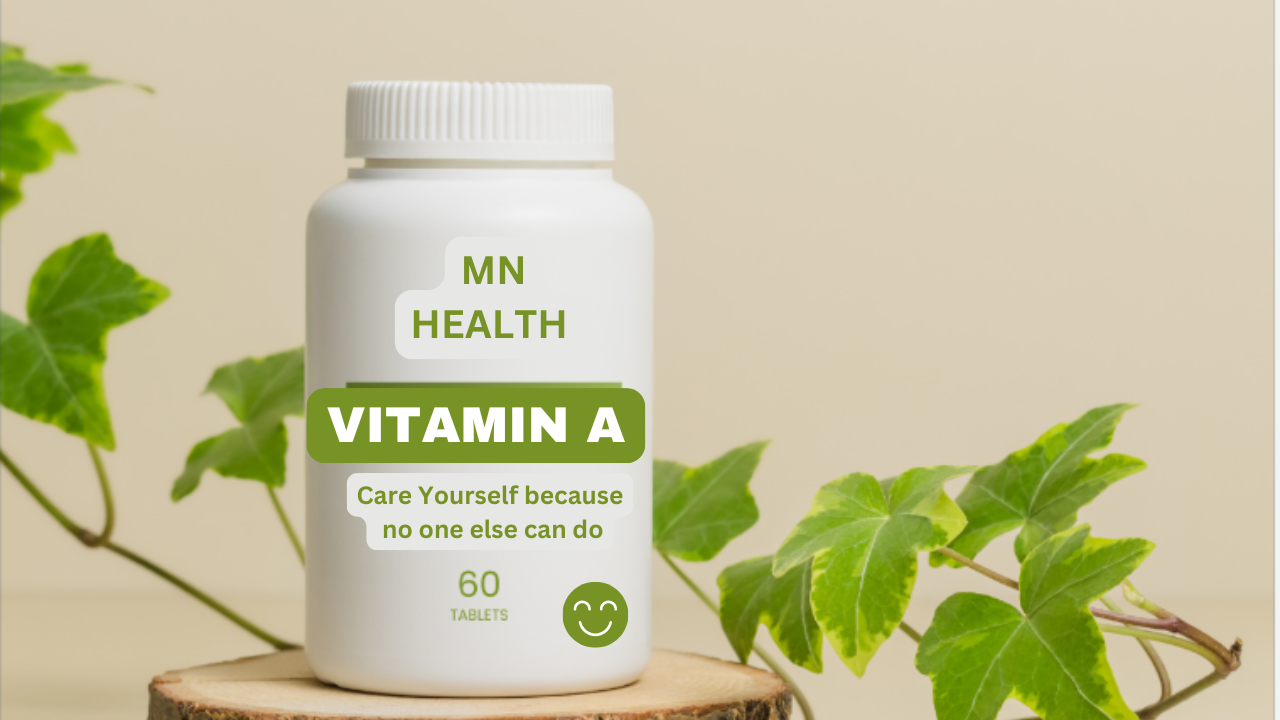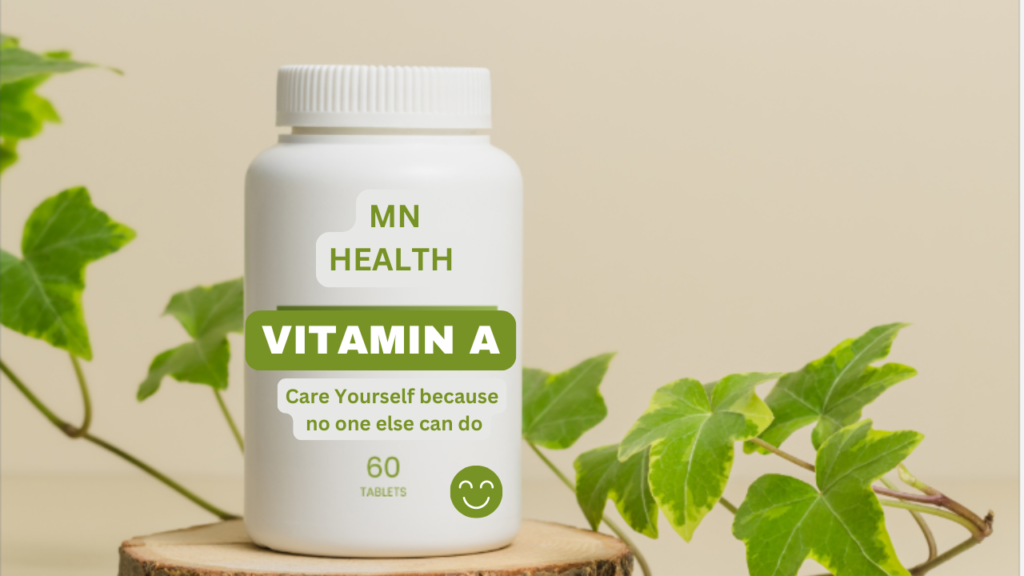
Vitamin A is a fat-soluble nutrient that is essential for various bodily functions, including vision, immune system support, and skin health. A deficiency in vitamin A can lead to a range of signs and symptoms. In this article, we will explore these signs and symptoms, as well as natural remedies to address vitamin A deficiency.
Signs and Symptoms of Vitamin A Deficiency:
1. Night Blindness: One of the earliest signs of vitamin A deficiency is impaired night vision. This occurs because vitamin A is crucial for the functioning of the retina and the adaptation of the eye to low light conditions.
2. Dry Eyes: Insufficient vitamin A can lead to dry eyes, which may cause discomfort, redness, and a gritty sensation in the eyes.
3. Xerophthalmia: Xerophthalmia is a more severe eye condition resulting from prolonged vitamin A deficiency. It can lead to a range of eye problems, including corneal ulcers and even blindness.
4. Skin Issues: Vitamin A is essential for maintaining healthy skin. A deficiency can result in dry, rough, and scaly skin. It may also lead to a condition called follicular hyperkeratosis, where hair follicles become clogged, causing the skin to develop goosebump-like bumps.
5. Reduced Immune Function: Vitamin A is vital for a well-functioning immune system. A lack of vitamin A can weaken the immune response, making the body more susceptible to infections.
6. Delayed Growth: In children, vitamin A deficiency can impair growth and development. It can lead to stunted growth and skeletal abnormalities.
7. Respiratory Infections: Vitamin A deficiency increases the risk of respiratory infections like pneumonia and bronchitis.
8. Impaired Reproductive Health: Inadequate vitamin A levels may affect both male and female reproductive health, potentially leading to infertility or complications during pregnancy.
Natural Remedies for Vitamin A Deficiency:
1. Dietary Sources: The most natural way to combat vitamin A deficiency is by incorporating foods rich in vitamin A into your diet. Some of the best sources include:
– **Liver:** Organ meats, particularly beef or chicken liver, are incredibly high in vitamin A.
– **Leafy Greens:** Vegetables like spinach, kale, and collard greens contain beta-carotene, a precursor to vitamin A.
– **Carrots:** Carrots are well-known for their beta-carotene content, which the body can convert into vitamin A.
– **Sweet Potatoes:** These are rich in beta-carotene and make a nutritious addition to your meals.
– **Eggs:** Egg yolks contain vitamin A.
– **Dairy Products:** Milk and cheese contain some vitamin A.
– **Fish:** Certain fish, such as salmon and mackerel, are good sources of this vitamin.
2. Cod Liver Oil: Cod liver oil is a potent source of both vitamin A and vitamin D. It’s available as a supplement and can be an effective way to address deficiency.
3. Vitamin A Supplements: If dietary sources and cod liver oil are not sufficient, vitamin A supplements can be used under the guidance of a healthcare professional. It’s essential not to exceed the recommended dosage, as excessive vitamin A intake can have adverse effects.
4. Incorporate Beta-Carotene: Beta-carotene, found in many fruits and vegetables, can be converted into vitamin A in the body. Including more of these foods in your diet can help maintain adequate vitamin A levels.
5. Balanced Diet: Ensure that your overall diet is well-balanced and contains a variety of nutrients. A diverse diet is essential for overall health and can help prevent deficiencies.
6. Nutrient Absorption: Pay attention to your body’s ability to absorb nutrients. Certain conditions, like celiac disease or inflammatory bowel disease, can hinder nutrient absorption. Managing these conditions can improve vitamin A uptake.
7. Avoid Excessive Alcohol: Excessive alcohol consumption can interfere with the body’s ability to store and utilize vitamin A. Moderation is key.
8. Cook Foods Appropriately: Some foods, like carrots and sweet potatoes, release more beta-carotene when cooked. Proper cooking methods can enhance the availability of vitamin A from these sources.
9. Breastfeeding and Infant Nutrition: Ensuring that infants and young children receive adequate vitamin A is critical for their growth and development. Breastfeeding and proper weaning practices can help prevent deficiency in this vulnerable group.
10. Seek Medical Advice: If you suspect a vitamin A deficiency, it’s crucial to consult a healthcare professional for diagnosis and guidance. They can recommend appropriate interventions and monitor your progress.
In conclusion, vitamin A deficiency can lead to various health issues, but it is preventable and treatable through natural remedies and dietary adjustments. By including vitamin A-rich foods in your diet and being mindful of overall nutrition, you can maintain optimal vitamin A levels and support your health and well-being. Remember to consult a healthcare professional for personalized advice if you suspect a deficiency or have specific health concerns related to vitamin A.


